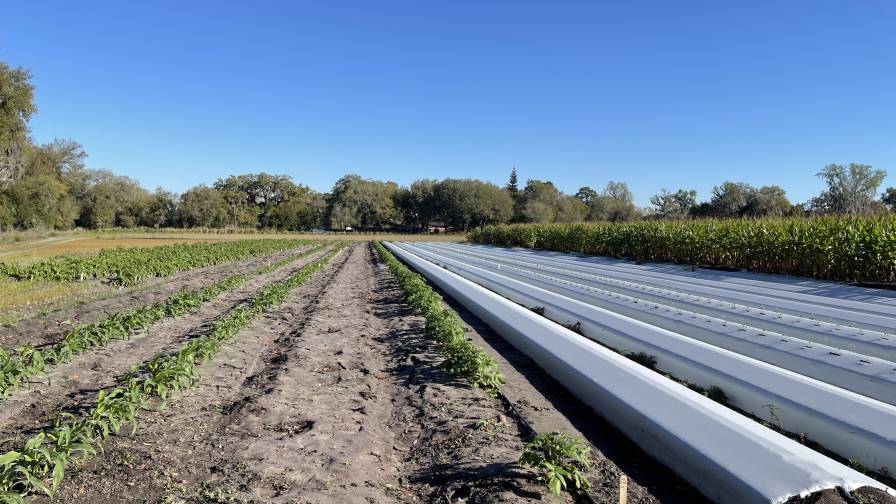Agriculture’s European Front
For several weeks last fall I spent much of my time traveling across Europe, visiting with many of the representatives from the major players in the world’s crop protection/seed business.
It was very refreshing to discover what many of these companies are up to now that the wave of industry consolidation that began in 2016 is finally subsiding. It was also great to hear from these global entities regarding their business plans for agriculture globally in such far-reaching places as Asia, the Middle East, the Pacific Region, and the Americas.
And then there’s Europe.
Considering that all of these companies are based in Europe, it was a little odd to not hear much about market plans for this continent. But I quickly realized why once I heard more from the company representatives.
“I’m very concerned for future innovation for agriculture in Europe,” BASF’s Markus Heldt said. “In Europe there’s a clear mistrust of science, and it’s not improving.”
In particular, Heldt said, Europe’s wholesale rejection of genetically modified organism (GMO) crops and now newer gene-editing technologies, such as CRISPR, reflect this “against science” movement perfectly on a cultural level and “are much different than the attitudes toward science I saw for myself when I lived in the U.S. several years ago.”
Syngenta’s Alexandra Brand had a similar take on Europe’s current views toward modern agriculture, pointing out two more reasons why this might be the case.
“In Europe agriculture is not a big driver of the economy,” Brand said. “And most European citizens are not as concerned about food security. This is very different than experiences elsewhere in the world.”
For growers across Europe, this has meant that maintaining access to key crop protection/seed products has been difficult during the 21st century. Indeed, since 2001 almost 600 active ingredients have disappeared from the European market. And others, such as glyphosate, remain targets as well.
“The political influence is impacting certain registration decisions in Europe, like for glyphosate,” Helm AG’s Stephan Schnabel said. “Science says this is a safe molecule, but the politics that come from outside this area say otherwise.”
Despite all these difficulties within their home continental markets, many crop protection/seed companies still foresee the importance of supporting European agriculture going forward.
“Europe is a very attractive market for us,” Syngenta’s Brand said. “It has been growing for the past decade, and we have been innovating for the market’s needs to produce more crops to feed a growing global population.”







